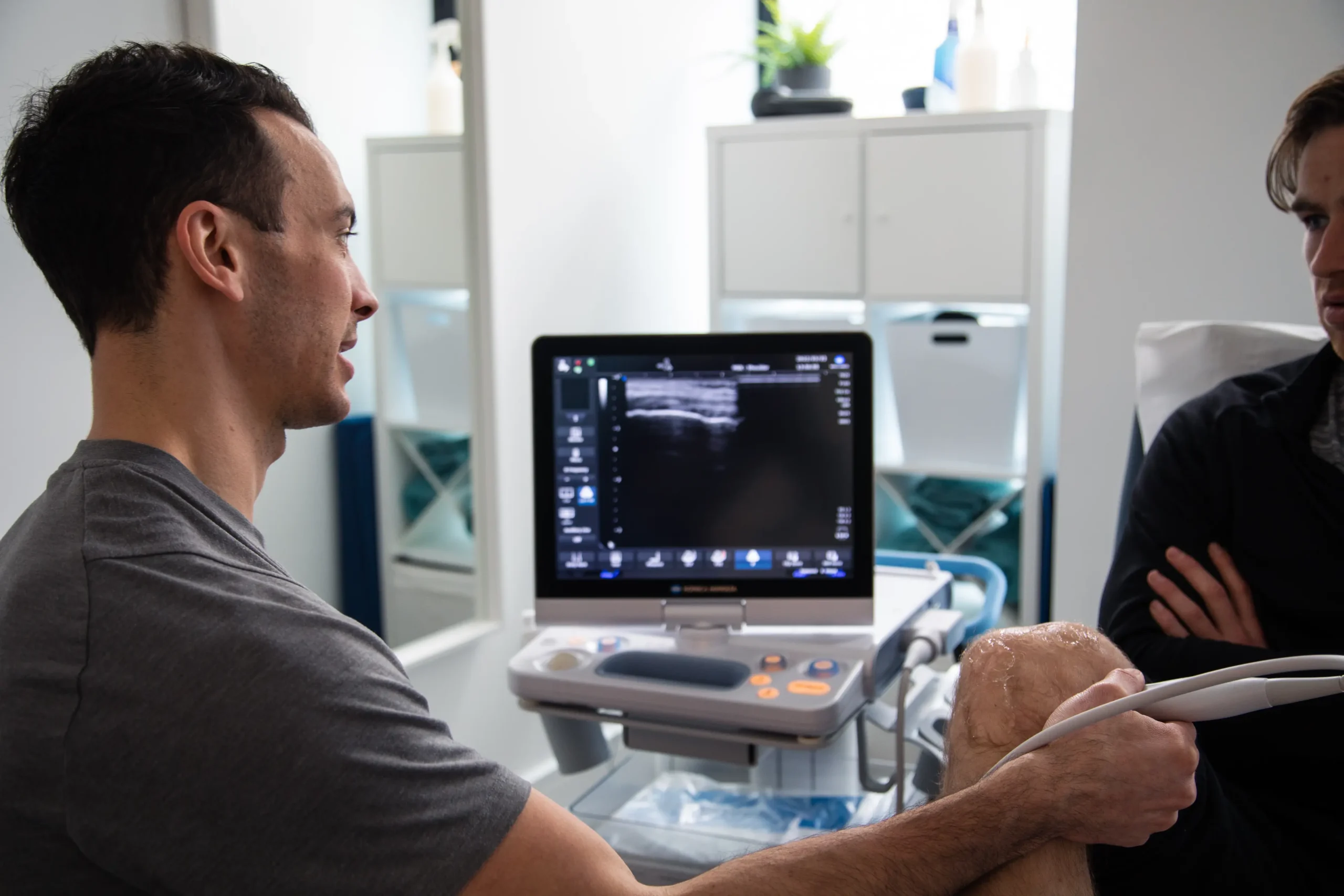Proper nutrition is a core component in sports medicine and athletic success. It provides the energy athletes need to perform at their best, aids in recovery, lowers injury risk, and promotes long-term health. Knowing what to eat, when to eat, and how nutrition affects the body can boost an athlete’s training and competition results. Here are some key areas of nutrition that support athletic performance:
Macronutrient Diet
Macronutrients may aid in an athlete’s energy and recovery, including the following:
- Carbohydrates are the main fuel for high-intensity activities. Eating carbs before and after training may boost energy and help replenish stores.
- Proteins are key to muscle repair and growth. Good sources include lean meats, fish, eggs, legumes, and tofu, which help rebuild muscles after exercise.
- Fats benefit endurance athletes by providing sustained energy. Healthy fats like avocado, nuts, seeds, and olive oil offer long-lasting fuel and support overall health.
Each ingredient has a specific role, and a balanced diet includes a mix of all three. A recovery meal might be chicken breast, quinoa, and steamed vegetables with olive oil.
Micronutrient Diet
While macronutrients are needed for the overall energy and body function, micronutrients like vitamins and minerals play a key role in enhancing performance and recovery. Here are some key options:
- Calcium and Vitamin D support strong bones and may help reduce the risk of stress fractures. Good sources include dairy products, plant milks, and leafy greens.
- Iron is important for transporting oxygen in the blood, which is vital for endurance. Rich sources of iron are lean red meat, beans, and spinach.
- Antioxidants such as Vitamins C and E may help decrease oxidative stress caused by intense exercise.
Eating a varied diet rich in whole foods makes sure athletes get the necessary micronutrients to keep their bodies functioning well.
Proper Hydration
Water is a key component of sports medicine. A slight dip in water levels can lead to fatigue, reduced performance, and slower recovery. To maintain proper hydration, drink water throughout the day to keep your baseline hydration levels. After exercising, replenishing fluids lost through sweat can be achieved by consuming water or electrolytes.
Incorporating foods with high water content, such as watermelon, cucumber, and celery, into your meals and snacks may help support adequate hydration. Electrolytes like sodium, potassium, and magnesium are lost through sweat. Adding a pinch of salt to water or snacks like bananas and nuts can quickly restore these minerals.
Good Timing
When athletes plan their eating schedules, it can greatly affect their energy levels and recovery. Key strategies include eating a carbohydrate-rich snack before exercise, like oatmeal with fruit or a banana with peanut butter, to prepare the muscles with glycogen. During long training sessions, consuming easily digestible carbohydrates such as energy gels or sports drinks can help maintain endurance.
Ideal Nutrition
A well-rounded diet is helpful for reducing injury risks and promoting faster recovery. Foods rich in omega-3 fatty acids, such as salmon and flaxseeds, help lower inflammation. Collagen-rich foods like bone broth and gelatin support joint health. Zinc, found in pumpkin seeds, shellfish, and whole grains, may help with tissue repair.
Ask About Sports Medicine
The connection between nutrition, sports medicine, and athletic performance cannot be overstated. Eating the right foods, staying properly hydrated, and timing meals carefully provide athletes with the tools to excel. Whether preventing injuries or pushing through a challenging training session, nutrition is the foundation for success. Find a specialist near you to learn more about sports medicine.
- Zirconia Cap Price: Estimated Cost & Its Long-Term Benefits
- FREHF – The Revolutionary Future Of Human-Centered Technology!
- Adsy.Pw/Hb3 – Boost Your SEO And Drive More Traffic!
- Fitness Based Vacations By Timeshealthmage.com!
- TimesHealthMag Tips For Improving Sleep Quality – Expert Advice For Better Rest!


Leave a Reply